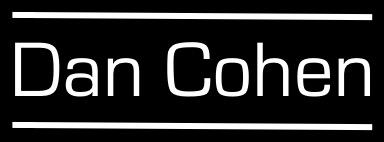In an article published tomorrow, but online now, the journal Nature reveals the results of a (relatively small) study it conducted to compare the accuracy of Wikipedia with Encyclopaedia Britannica—at least in the natural sciences. The results may strike some as surprising.
As Jim Giles summarizes in the special report: “Among 42 entries tested, the difference in accuracy was not particularly great: the average science entry in Wikipedia contained around four inaccuracies; Britannica, about three…Only eight serious errors, such as misinterpretations of important concepts, were detected in the pairs of articles reviewed, four from each encyclopaedia. But reviewers also found many factual errors, omissions or misleading statements: 162 and 123 in Wikipedia and Britannica, respectively.”
These results, obtained by sending experts such as the Princeton historian of science Michael Gordin matching entries from the democratic/anarchical online source and the highbrow, edited reference work and having them go over the articles with a fine-toothed comb, should feed into the current debate over the quality of online information. My colleague Roy Rosenzweig has written a much more in-depth (and illuminating) comparison of Wikipedia with print sources in history, due out next year in the Journal of American History, which should spark an important debate in the humanities. I suspect that the Wikipedia articles in history are somewhat different than those in the sciences—it seems from Nature‘s survey that there may be more professional scientists contributing to Wikipedia than professional historians—but couple of the basic conclusions are the same: the prose on Wikipedia is not so terrific but most of its facts are indeed correct, to a far greater extent than Wikipedia’s critics would like to admit.

Leave a Reply
You must be logged in to post a comment.